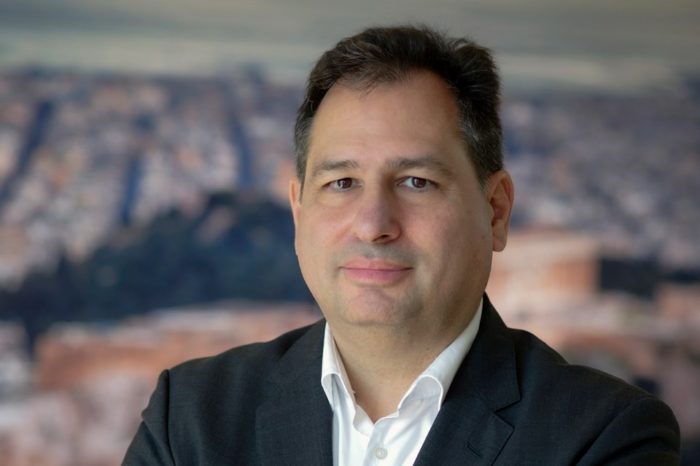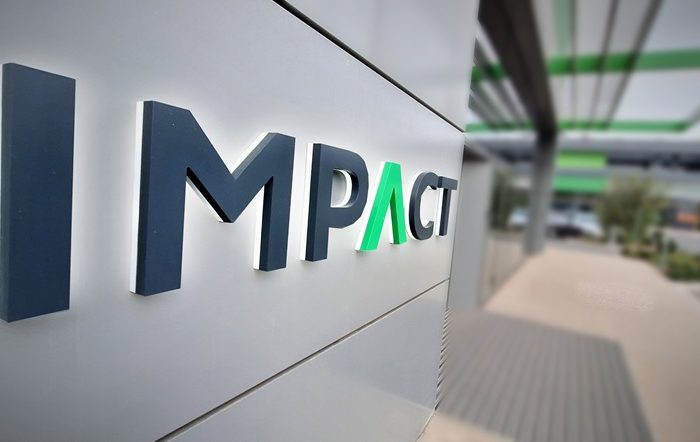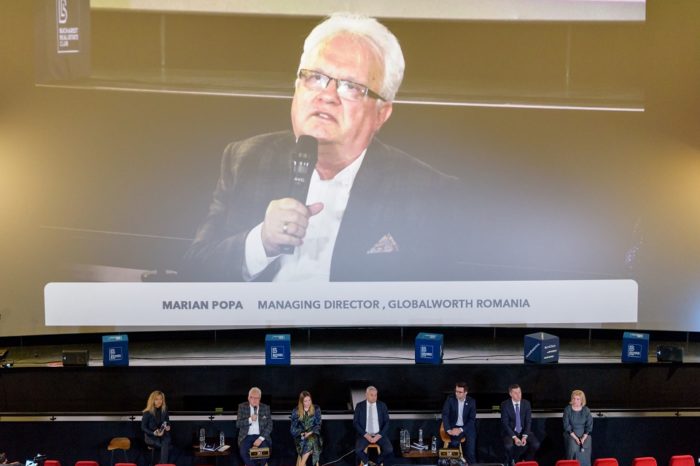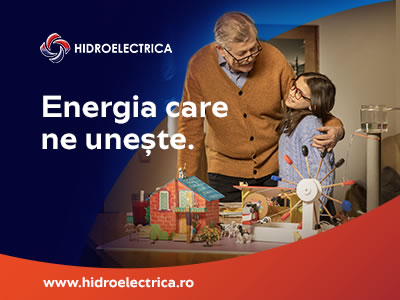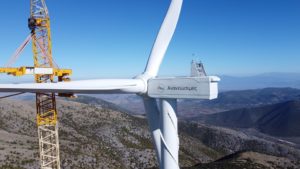EIB and Solas Capital join forces to invest in energy efficiency in buildings across the European Union
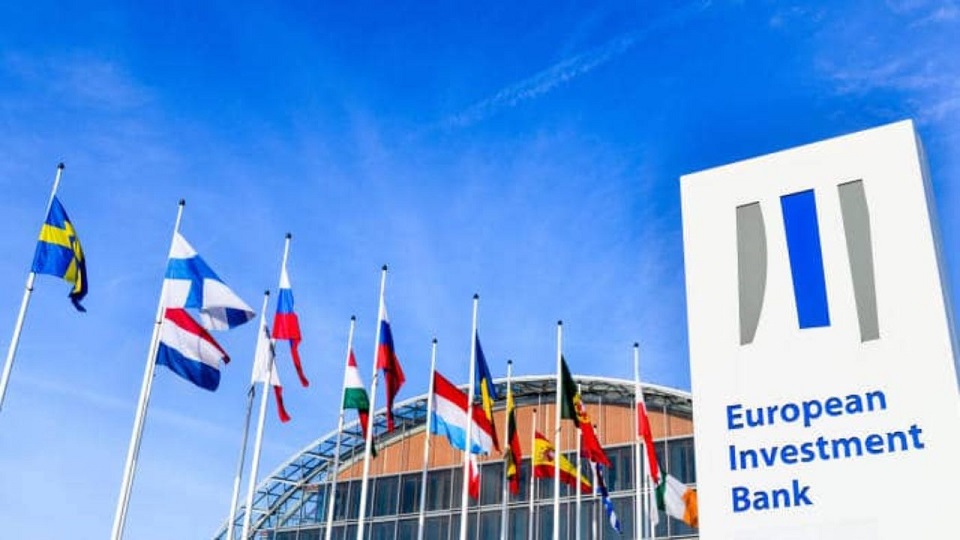
The Solas Sustainable Energy Fund ICAV, a new EU-focused fund targeting energy efficiency investments, has reached its first close with €140 million. The European Investment Bank (EIB) committed a €30 million cornerstone investment to SSEF, backed by the European Fund for Strategic Investments (EFSI), the main pillar of the Investment Plan for Europe. As one of the largest providers of climate finance, the EIB supports projects that promote the priorities and objectives of the European Union.
SSEF also signed an agreement with the Private Finance for Energy Efficiency (PF4EE) support scheme, a joint initiative launched by the European Commission via the LIFE programme and the EIB. One of the goals of PF4EE is to encourage private institutional investors such as insurers and pension funds to invest in European energy efficiency infrastructure, particularly in the small and medium-sized (SME) sector. Further cornerstone investors of SSEF are the Ireland Strategic Investment Fund (ISIF), IDEAL insurance as well as MEAG, the asset manager of the Munich Re group.
The fund will be advised by Solas Capital AG, a specialist investment advisor in the energy efficiency sector. Solas Capital partners with a wide variety of leading energy service companies, project developers, equipment manufacturers, and public sector bodies across the European Union to help facilitate their access to tailor-made financing and enable new investment in energy efficiency.
SSEF will offer funding for energy-saving business models focusing on the renovation of existing infrastructure, particularly buildings, using established and reliable energy efficient technologies such as modern heating and cooling systems, combined heat and power units, solar rooftops, building fabric, LED lighting, etc. Projects in both the public and private sectors will be supported, including the SME sector, which faces more challenges in securing finance.
An initial investment will be made into a project portfolio of energy efficiency measures in buildings. Buildings are responsible for 40% of the European Union’s energy consumption, and 36% of its CO2 emissions. To achieve near zero emissions in buildings, crowding-in private institutional capital will be essential as public funding is not sufficient. SSEF is offering the market a unique financing solution and is closing the gap between energy efficiency funding needs and institutional investor requirements.
The Commissioner for Energy, Kadri Simson, said: “Investing into energy efficiency, renewable energy generation and building renovation is at the core of the European Green Deal and key to bringing down energy bills. The Solas Sustainable Energy Fund will combine the financial support from EFSI and PF4EE to mobilise affordable private financing for investments in the energy performance of buildings, including onsite renewable energy production. The PF4EE guarantee will set the gold standard for equity investment fund initiatives and engage institutional investors in green assets. This will bring us one step closer to achieving the EU’s Green Deal ambition of becoming climate neutral by 2050.”
European Investment Bank Vice-President Thomas Östros, who is responsible for energy financing said: “As Europe’s climate bank, the EIB is proud to be a cornerstone investor in the Solas Sustainable Energy Fund, which will help bridge the major financing gap for energy efficiency projects. Reducing the energy use in buildings is crucial to achieving a carbon-neutral economy in Europe by 2050. We believe that our commitment in this fund will catalyse further investments to meet the immense building renovation challenge.”
“This commitment from the European Commission and the EIB demonstrates confidence in Solas Capital’s expertise and the SSEF’s ability to scale investments in energy efficiency”, said Sebastian Carneiro, co-founder and Managing Partner of Solas Capital. “We are committed to helping our project partners to scale their energy efficiency business models through funding provided by institutional investors which are increasingly committed to aligning their investments with environmental and social goals. Each project funded by SSEF will reduce CO2 emissions and create local high-quality jobs across the EU.”

